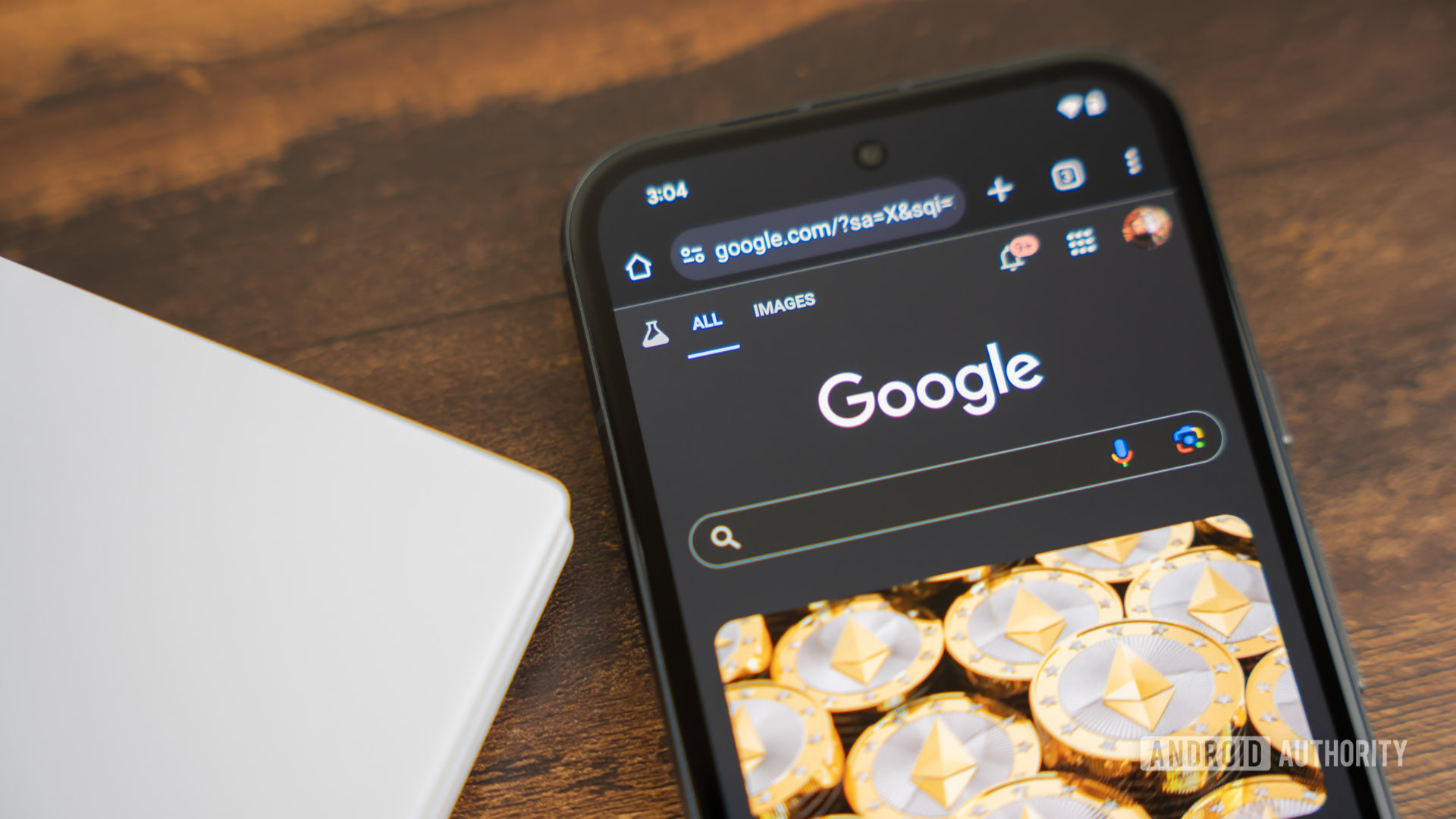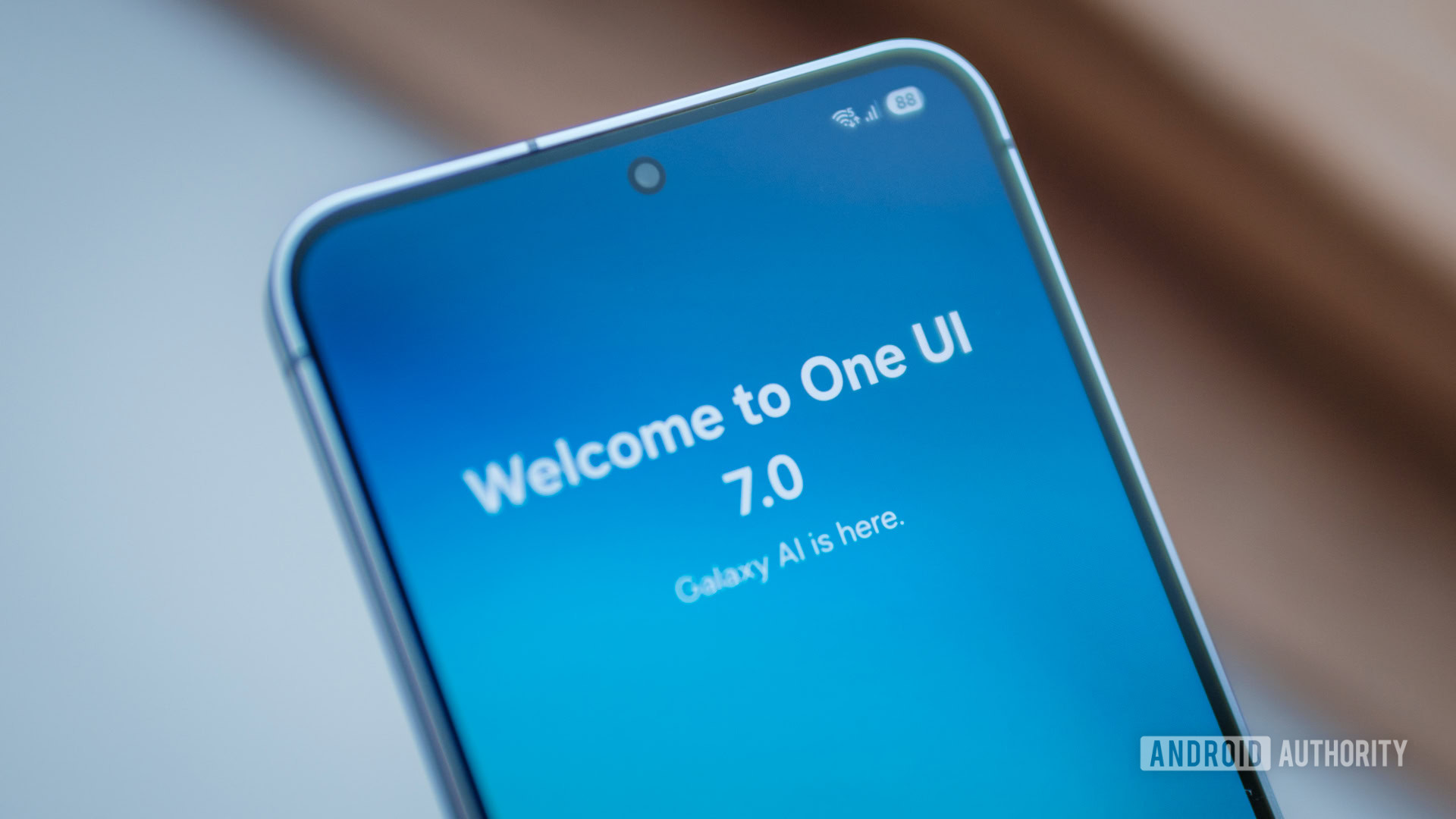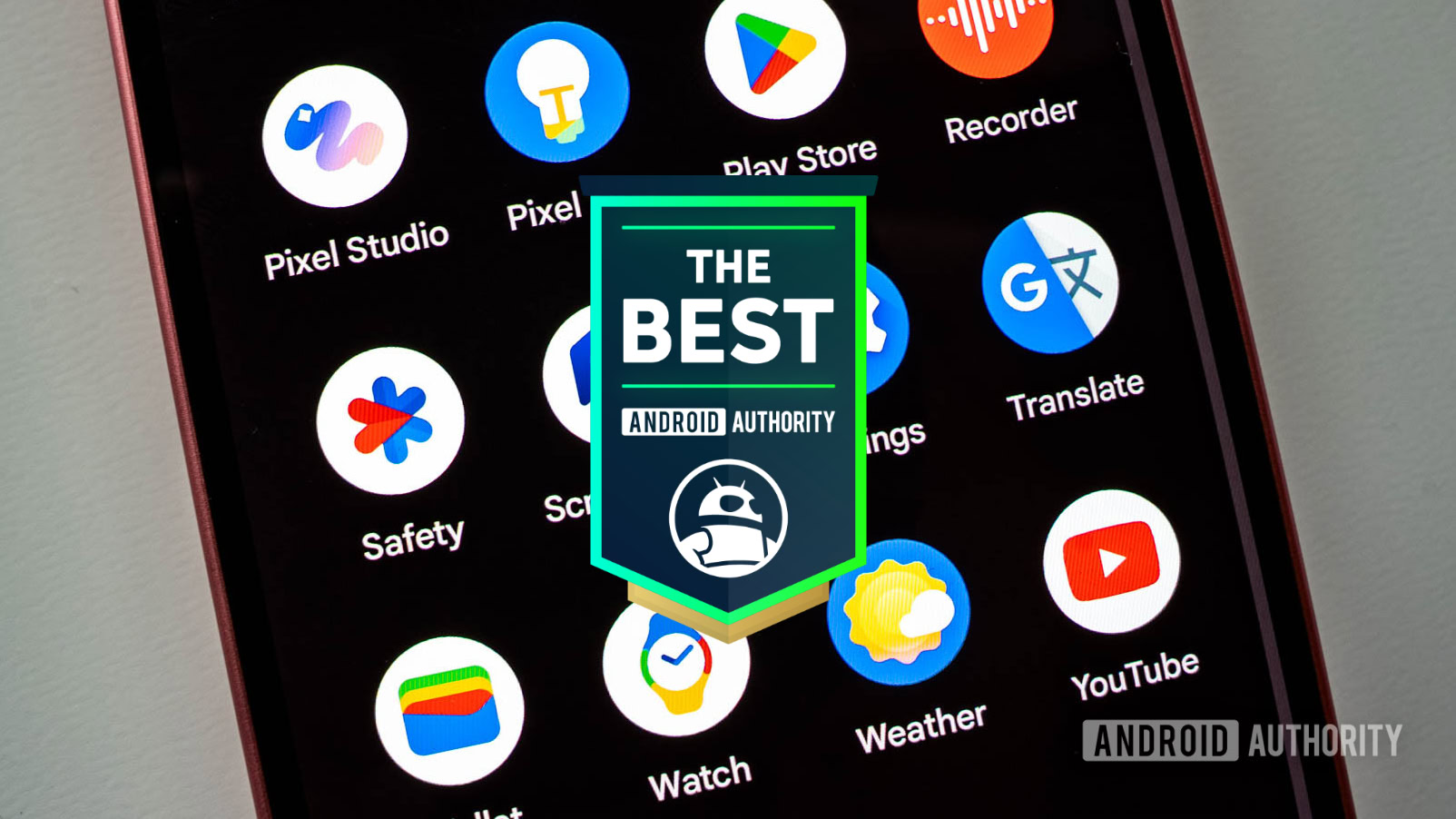
Edgar Cervantes / Android Authority
TL;DR
- Google plans on adding C2PA’s Content Credentials to Search and Ads.
- Content Credentials will help identify if an image was created or edited by AI tools.
- Google is also working on adding the C2PA information on YouTube for when content is captured with a camera.
As AI gets increasingly better at creating or editing images and videos, the harder it’s becoming to tell what’s real and what’s fake. To address this issue, Google says it will be adopting a technical standard specifically made to help identify AI-altered content.
Today, Google announced it is bringing provenance — place of origin — technology to a few of its products in the coming months. Specifically, it will be using the Coalition for Content Provenance and Authenticity’s (C2PA) technical standard known as Content Credentials. For context, Google partnered with C2PA earlier this year and worked on the latest version of the standard. Content Credentials explains where the image or video originated, as in if it was taken with a camera, edited by software, or produced by generative AI.
The tech giant says that it will start using the technology in Search. So if an image you find on Search has C2PA metadata, users will be able to click on “About this image” to get more context about it and if it was created or edited by AI. Google is also planning on implementing Content Credentials into its ads system, which it says it will “ramp this up over time and use C2PA signals to inform how we enforce key policies.”
In addition, it appears the firm also wants to eventually add the standard to YouTube to use on content captured by cameras. However, the company says they’ll release more information on this later this year.
Google is one of the biggest names in the tech industry to adopt C2PA’s standard. It’s also supported by Sony and Leica, with Nikon and Canon agreeing to adopt the standard at some point. However, the standard still needs more support if it’s going to deal with the current adoption and interoperability challenges. It also remains to be seen if Google will implement the standard on Android or if Apple will jump onboard. But it’s possible this announcement could get the ball rolling as Google is encouraging others to consider adopting the standard.
Got a tip? Talk to us! Email our staff at [email protected]. You can stay anonymous or get credit for the info, it's your choice.







 English (US) ·
English (US) ·